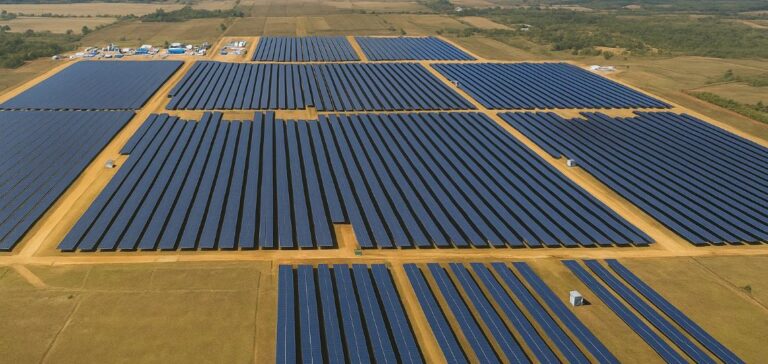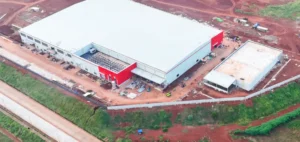Axian Energy has initiated construction of the NEA Kolda solar power plant, located in Tankanto Escale in the Kolda region of southern Senegal. The project includes an installed capacity of 60 megawatts (MW) and a battery energy storage system (BESS) with a capacity of 72 megawatt-hours (MWh). The facility aims to strengthen electricity supply for around 235,000 people.
A response to Senegal’s energy ambitions
The project supports Senegal’s national strategy to reach 40% renewable energy in its power mix by 2030. With integrated storage, NEA Kolda is expected to enhance the stability of the national grid, particularly during peak demand. Its location in the Casamance region aligns with efforts to decentralise energy infrastructure.
Financing structured around institutional investors
In October 2024, three institutions provided €84mn ($90.9mn) in financing for the project: the Emerging Africa & Asia Infrastructure Fund (EAAIF), the Netherlands Development Finance Company (FMO), and the German Investment and Development Corporation (DEG). The total investment cost stands at €105mn ($113.6mn). The Voltalia–Entech consortium was selected to build the generation and storage infrastructure.
Construction project to engage local workforce
The plant’s construction will involve around 400 workers from the Kolda region, enhancing local employability. Axian Energy stated that recruitment will cover both the construction phase and the future operational phase.
Parallel rollout of social initiatives in the region
Alongside the energy deployment, Axian Energy has committed nearly CFA2bn ($3.26mn) to social programmes. These include agricultural training, livestock support, the construction of a maternity centre, and sports infrastructure. The company’s approach is structured around five areas: health, education, local economy, culture, and climate adaptation.
Cross-sector partnerships for sustainable impact
The programme also features financial management training and entrepreneurship support, particularly targeting women and youth. The agricultural sector has received technical training, seed assistance, and the development of access routes. These efforts aim to support an integrated territorial economy.






















